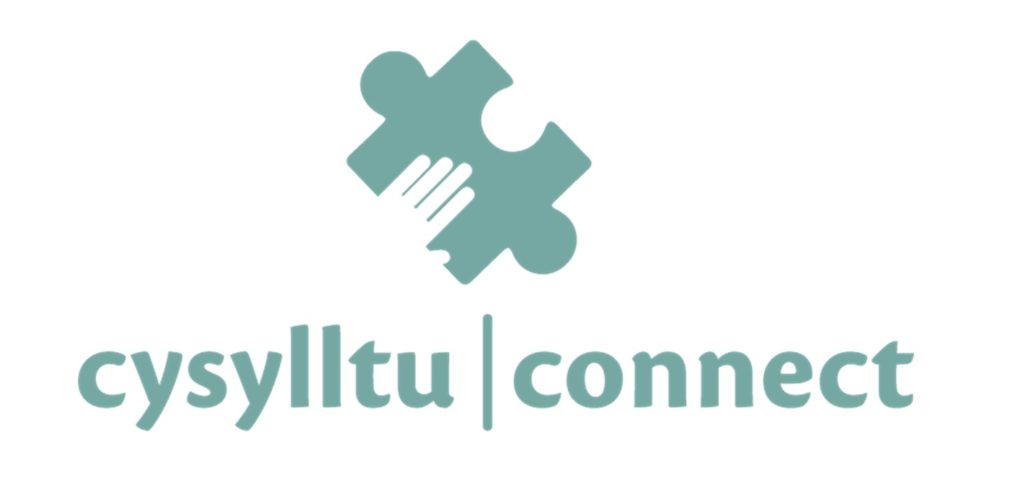What is connect? – An interview with Project Coordinator Felicity

If you need “to get something off (your) shoulders…connect can provide that space”
— Felicity, Connect Project Coordinator
Recently I was fortunate enough to conduct an interview with Trustee and Connect project coordinator, Felicity McKee. Describing itself as a safe place for ‘students to talk to other students’, this blog aims to explore what people can expect from Connect.
What is the Connect Project about?
“Connect is…very student led”, Felicity explains, “One side of connect is group support…and the other side of connect is one-to-one peer support”. Aiming to improve students wellbeing, group support sessions may include activities such as knitting or guided meditation whereas one-to-one support allows students to bond with one another in a more personal environment. Those seeking one-to-one sessions can choose from a catalogue of “connectors” whose degree and interests may match their own in order to “quite literally connect” Felicity explains.
How could connect give students practical/real-life experience of well-being and mental health?
Connect boasts numerous training opportunities related to mental health including “look after your mates…and safetalks”, as well as additional autism awareness and county lines training to equip volunteers with the practical knowledge necessary to aid themselves and others.
Furthermore, Felicity explains Connect is able to signpost students to “services both locally and within the university” should they require additional support in managing their own wellbeing.
How do students sign up and how are they matched?
Signing up for Connect is as simple as visiting the following website: CONNECT (connect-wellbeing.wales). On this platform students seeking one-to-one support may sign up, register, and “go through the catalogue and find a student you can connect with” she says. As for group sessions “you’ll find events for both Trinity St Davids and for Swansea…just pick your relevant site and find something that suits you” Felicity encourages.
Are you looking to recruit more volunteers and is there a waiting list?
“We will be recruiting from September”, she informs, “there are some people on a waiting list who will hopefully get trained ahead of September but you can always express an interest”. This can be done via email at connectgroups@discoverysvs.org.
What are the self-care boxes you created on your project recently? How were these received?
According to Felicity, a self-care box is designed to alleviate stress by containing “things that basically make you feel good”.
“During our sessions…people bring items with them and we will also have some items you can put into your self-care box” she says.
“We provide the boxes, you then get to decorate the box and we provide a safe space in which people can discuss what works for them”. Recent self-care boxes have “focused on sensory elements” prompting many volunteers to dedicate their self-care boxes to a specific sense. “It’s basically a toolkit for you mind” Felicity claims.
What is your favourite bit about the project and if you had to sum up, in a nutshell, your top three moments at Connect this year what would you say?
“The favourite part for me about the project is the fact that we are so student informed”, she says, “because it can feel a bit like students don’t always get heard or listened to in the university.” As for the top three moments in Connect this year, Felicity says “it’s hard to pin down three specific moments, I think its more like snapshots in time where I’m seeing people really enjoying themselves and engaging with the project”.
However, events during the Christmas period including movie night at Bay campus, DIY zen gardens, gingerbread decorating, and beach walks with coffee were mentioned as memorable events alongside the Marks and Spencer chocolate caterpillar cake as a Connect favourite.
By,
Sophia Thomas – Media and Communications BA
